Lean on Me: All that is really worth doing is what we do for others
Lynne Segal introduces some of the ideas in her new book, published today
“I am nothing without you,” are thoughts we rarely put into words except in moments of romantic passion. In these days of unbridled individualism, so many remain unaware that we ground our sense of self only in and through our continuing ties to others – family, friends, strangers, even enemies – products of their own social belongings. From first breath to last gasp, we rely upon those around us to stay human, just as we all, whatever our age or physical condition, rely upon our infrastructures of care to sustain our daily activities and continuing survival. I illustrate this throughout Lean on Me: A Politics of Radical Care (Verso, 2023), while also cataloguing the devastating consequences of our failures of care, now evident at all levels – from the personal to the global.
It begins with the long-standing devaluation of care itself – ‘women’s work’ – mixed with the refusal to recognize our lifelong dependency on others and our basic public infrastructures. Added to the denial of human interdependency, we have a recent, more lethal ingredient: the marketisation of the public sector, which has also increased the racialised nature of devalued care work, while ensuring huge profits for some and near collapse of adequate care for many.
It could hardly be sadder for those like me, who has worked for a radical redistributive, more caring world for over half a century. Hence, in my book, I step back, to take measure of all that has changed in my lifetime – for better and, more recently, for worse. However, in the beginning, the emergence of women’s liberation at the close of the Sixties, eagerly seeking change on all fronts, had many victories. My book opens reflecting on motherhood, which provides most people’s blueprint for caring.
In one key struggle, Women’s Liberation was busy fighting to overturn the isolation and marginalization of most women’s post-war experiences of motherhood, something we knew from our own mothers’ troubled lives. There were victories: in securing reproductive rights, confronting doctors’ arrogance or the feeling of helplessness in maternity wards, in fighting for and winning more funding for nurseries, as well as having some success in increasing women’s financial independence, while demanding men’s greater involvement in domestic work.
What is now so shocking is how quickly such victories could be snatched away, post-Thatcher and the later arrival of austerity regimes – slashing welfare and impoverishing so many. It’s hard to ignore the distress of mothers today. Routinely pressed for time, money and resources, we read that hardly any mothers feel they are doing an adequate job of parenting. Even affluent stay-at-home mums mention constant anxieties raising children in our ultra-competitive world, while displaying that sense of isolation and exclusion that mothers in the 1950s once expressed. Scholars such as Jacqueline Rose and Eliane Glaser have recently distilled the effects of a chilling heartlessness towards mothers. Half of all British mothers suffer mental health problems before or after giving birth, 50 percent cent of new mothers report chronic loneliness, and suicide is the leading cause of death for mothers during their baby’s first year.
Similar patterns emerge everywhere. In education, my workplace for 50 years, we’ve seen rising inequality within schools, along with attacks on the very notion of education for its own sake. The assault on the Humanities is yet another attempt to marketize education and deny people the tools to understand the world better or assist us in exploring better ways to create a fairer, more caring world.
In my book I address the significance of disability struggles in opening out the complexities of ‘vulnerability’, and showing why autonomy and dependence are two sides of the same coin. Disability activists, at first, won many struggles promoting a social model of disability. They rejected the notion of themselves as intrinsically vulnerable, which had routinely been a pretext for their exclusion from public life. In the forefront here was disability activist Jenny Morris, whom I knew before her shift from able-bodied feminist activist to a disability champion after she fell, at 35, trying to rescue a neighbouring child from a fall. She suddenly experienced extreme social exclusion, a feeling most disability activists describe, while reporting the suspicious, dismissive attitude greeting them much of the time.
Winning many battles for greater access to the social infrastructures others could rely upon, disability activists called for the ‘Independent Living Strategy’, approved by the Labour Party in 2008, promising increased money for inclusion and self-reliance. This was valuable, but there were downsides. The language of ‘self-reliance’ could be distorted to tune in with the damaging contempt for ‘dependency’ – always shadowing welfare provision.
As the psychoanalyst Tim Dartington notes in Managing Vulnerability, not only did the emphasis on ‘independence’ align with the denigration of dependency, but it could devalue the importance of relationships in favour of a more individualistic approach to human relations overall – side-lining actual caring. Far worse, under new Tory led austerity regimes, post-2010, though apparently reflecting ‘autonomy’ talk, there was the creation of the pernicious Work Capability Assessments (WCA). Repeatedly testing individuals’ fitness for work, whatever their condition, led to untold misery, even suicide, for many disabled people wrongly assessed – with much class and race bias.
Similar stories arise when we look at ageing, given the now million older people whose needs are not being met – and were lethally neglected in the early Covid years. This ties in with the financialization of care homes and outsourcing of public care provision – continuing today.
Lean on Me addresses the harms of our prison system, neglect and abuse of asylum seekers, along with the refusal to confront and fight climate change. Here I stress resistance from Indigenous voices, as well as the toll they’ve faced – systematically murdered with impunity. Indeed, despite our polluted rivers and climate disasters, our government seemingly responds only to its largest backers: damaging fossil fuel producers.
How can we turn this around? As we argued in our influential Care Manifesto (2020), we must work again for social transformation at all levels, premised on a universal ethics of care. It means rebuilding all our weakened social infrastructures across the board, not just the NHS, and detaching them from finance capital. It also involves rebuilding our local communities, knowing that adequate care for all is the only basis for a truly democratic society.
We need to celebrate our Mutual Aid practices, while arguing that we’re all collectively responsible for providing for or supporting each other, helping to maintain our communities, while preserving public space generally. That becomes possible once we fight for and win shorter working hours, and a basic income for all, which some unions are currently highlighting.
Let me conclude by suggesting that some sense of public engagement is necessary both for sustaining our confidence individually as well as preserving any sense of our shared humanity. Let’s fight for mutual care, not just self-care, helping us to combat isolation and sometimes experience more joy, together. In the end, all we have is each other.
Lynne Segal is the author of several books. Her latest, Lean on Me: A Politics of Radical Care, is published by Verso today.




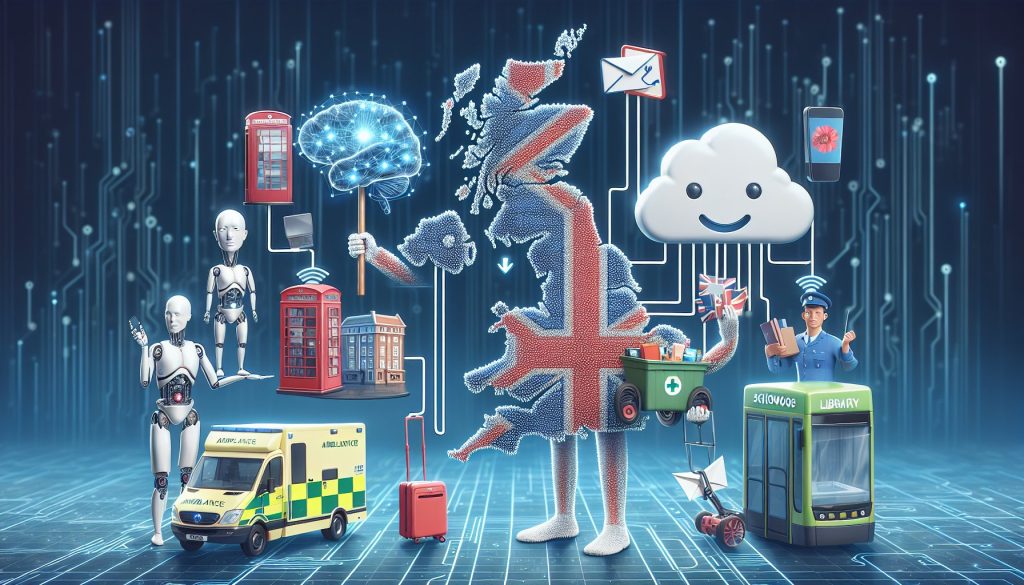

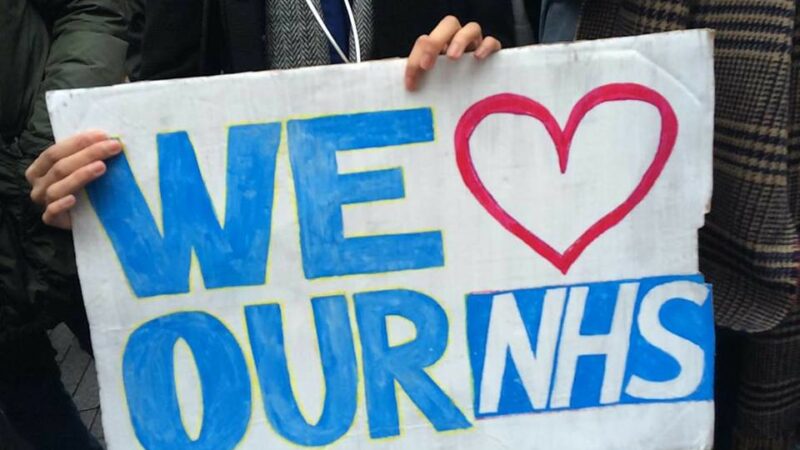
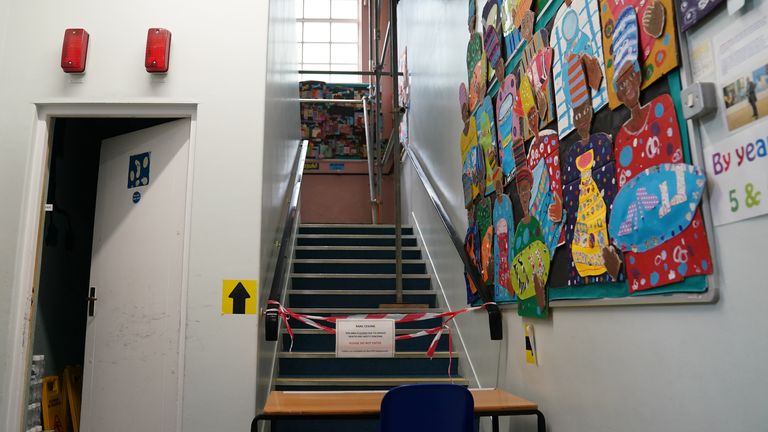
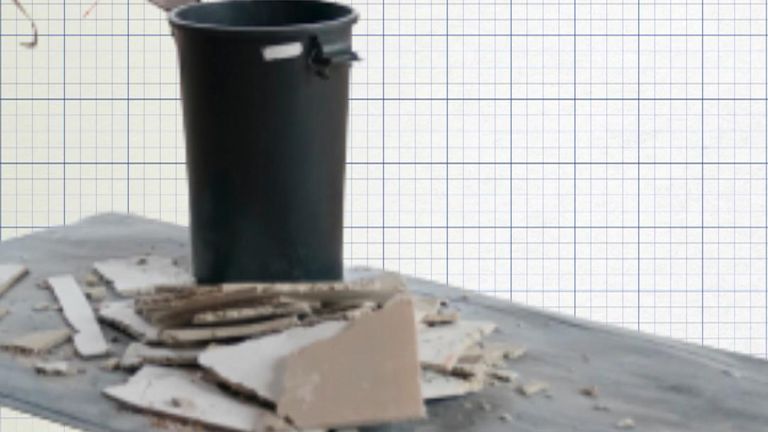
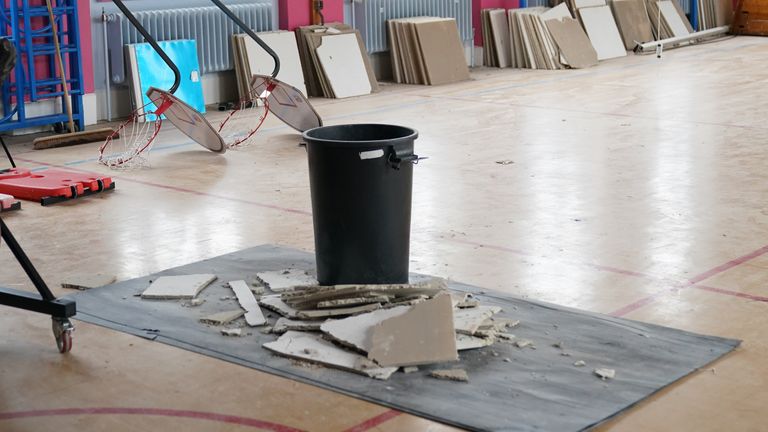



 Donna Thomas says people have struggled to reach the community centre in Houghton-le-Spring
Donna Thomas says people have struggled to reach the community centre in Houghton-le-Spring Sarah Robson says her partner was unable to get to two job interviews because of the strike
Sarah Robson says her partner was unable to get to two job interviews because of the strike Unite general secretary Sharon Graham at a Go North East rally in Dunston, Gateshead
Unite general secretary Sharon Graham at a Go North East rally in Dunston, Gateshead

